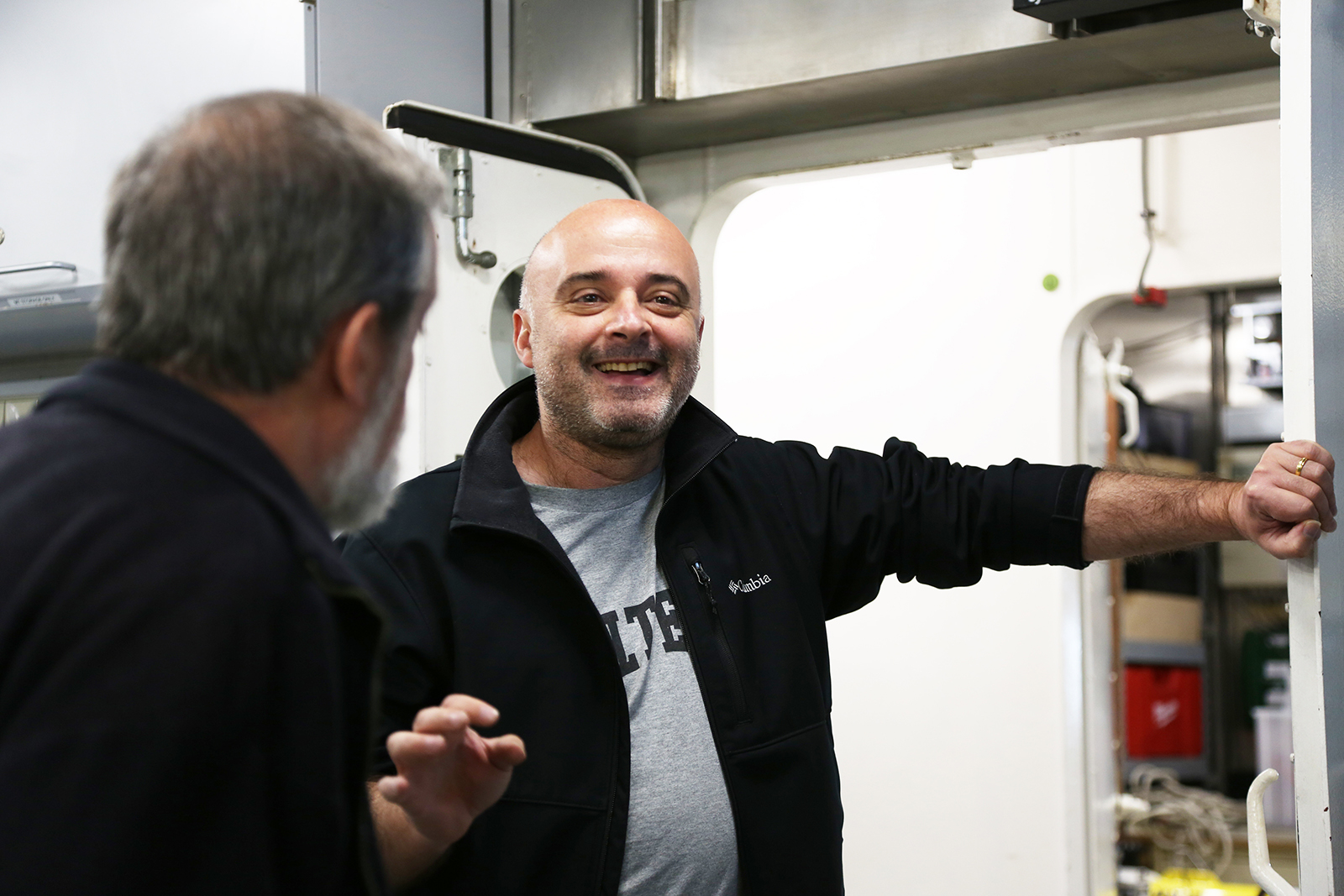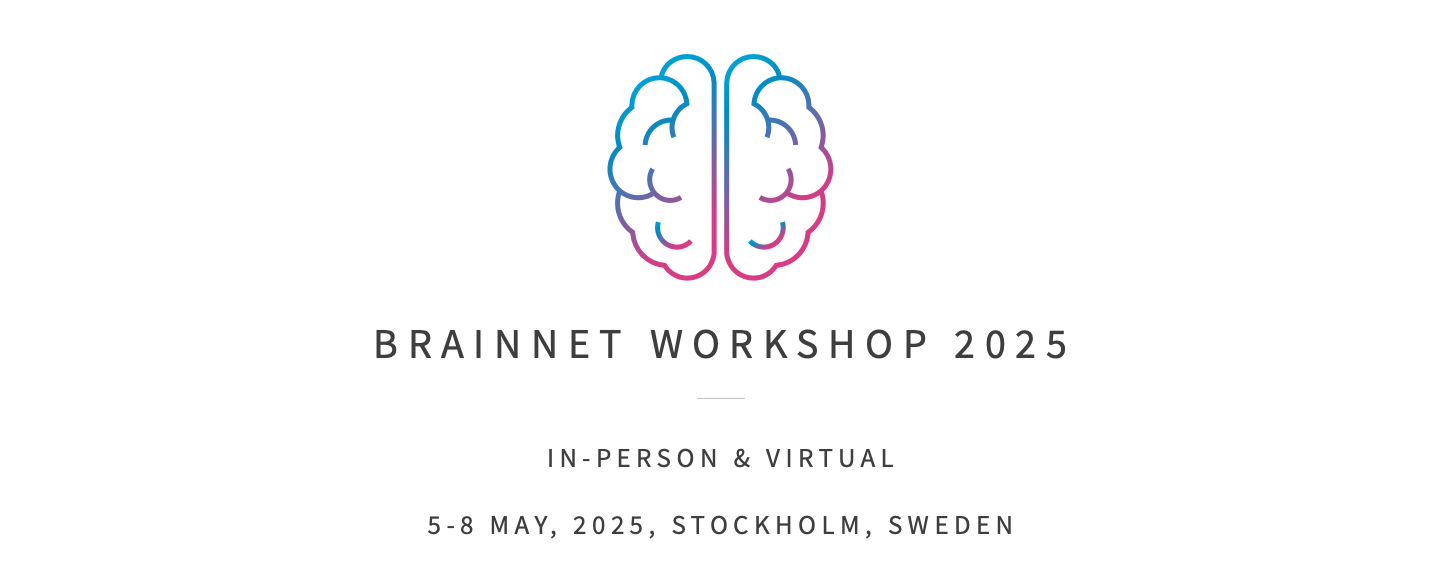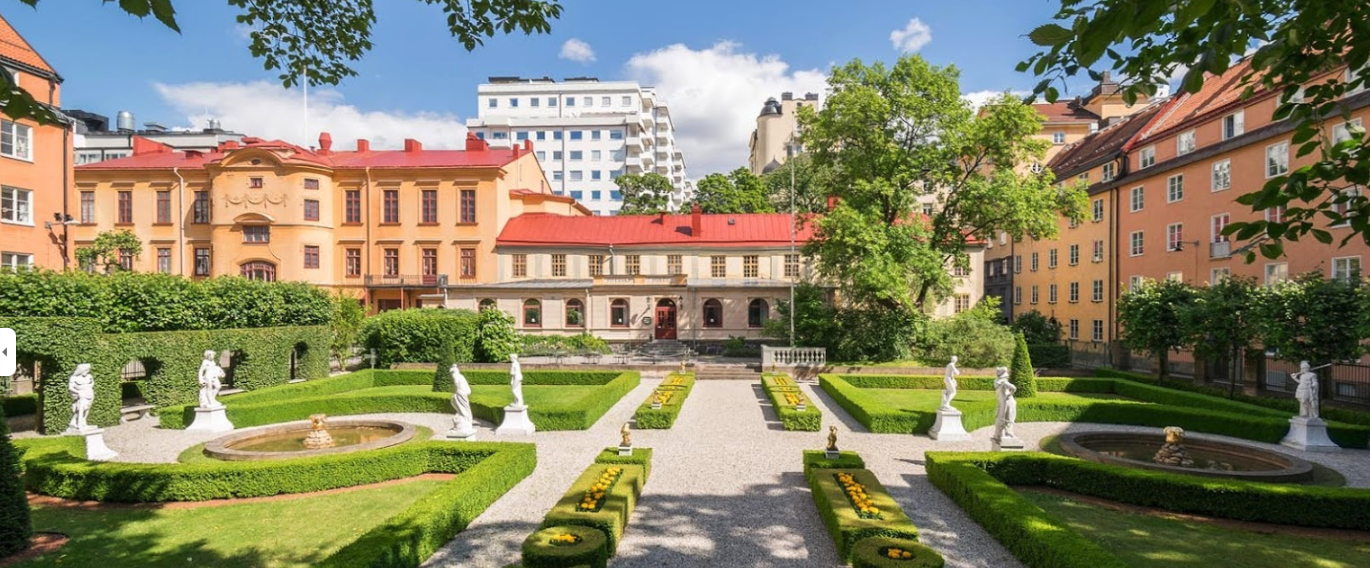Date and time: 25 March 2024, 15:00-16:00 CET
Speaker: João de Sousa, Professor at Porto University
Title: Maritime robotics and ocean exploration: where are we and where are we going?
Where: Digital Futures hub, Osquars Backe 5, floor 2 at KTH main campus OR Zoom
Directions: https://www.digitalfutures.kth.se/contact/how-to-get-here/
OR
Zoom: https://kth-se.zoom.us/j/69560887455
Meeting ID: 695 6088 7455
Moderator: Ivan Stenius, stenius@kth.se
Administrator: Emil Björnson, emilbjo@kth.se
Abstract: “Most of the previous century could be called a century of undersampling”. Walter Munk, testimony to the US commission on ocean policy, 2002.
The oceans cover 71% of the Earth – the blue planet – and contain 96% of the Earth’s living space, thus making ocean exploration a problem on a planetary scale. But the image of a blue planet is somewhat misleading. In fact, all water on Earth would fit into a sphere 860 miles (1,385 km) wide. The Earth is blue, but this is a thin layer of blue. This is even more worrisome because we still don’t know much about the oceans.
This talk is organized into 3 parts and will provide illustrative examples from developments and operational deployments undertaken by the Underwater Systems and Technologies Laboratory, University of Porto, and now a research unit at the Institute of Science and Innovation in Mechanical and Industrial Engineering.
First, I will start by describing a few motivating challenges coming from marine biology, geology, and physical and chemical oceanography. I will then discuss, in more general terms, the pressing need for a sustained, persistent, and affordable presence in the oceans that will help us to understand and monitor how key issues such as climate change, ocean acidification, unsustainable fishing, pollution, waste, loss of habitats and biodiversity, shipping, security, and mining are affecting global ocean sustainability and stewardship.
In the second part of the talk, I will briefly introduce maritime robotics and related technologies and discuss how operational deployments are advancing the state of the art in robotics and the ocean sciences, thus providing new views into the ocean, and motivating novel interdisciplinary approaches, at the intersection of science and engineering.
Finally, I will discuss “where are we going?”. This will be done with reference to a paradigm shift from vehicles to systems of systems, driven in part by advances in energy storage, new materials, and sensors, communications, and computer technologies, and in part by the observation that a system of systems can deliver capabilities that were not present in the constituent systems, with a view to the reduction of Acquisition and Operating Costs.
Biography: João Tasso de Figueiredo Borges de Sousa is a Professor at the Electrical and Computer Engineering Department from Porto University in Portugal. He holds a PhD and an MSc in Electrical Engineering, both of which were awarded by the University of Porto. His research interests include autonomous underwater, surface and air vehicles, planning and execution control for networked vehicle systems, optimization and control, cyber-physical systems, and applications of networked vehicle systems to the ocean sciences, security and defence. In 2002, he was awarded the Luso-American Foundation Fellowship by the Portuguese Studies Program at the University of California at Berkeley. In 2008, he received an outstanding teaching award from Porto University.
João heads the Laboratório de Sistemas e Tecnologias Subaquáticas – LSTS(Underwater Systems and Technologies Laboratory). The LSTS has pioneered the design, construction, and deployment of networked underwater, surface, and air vehicles for ocean sciences and security and defence applications. Major accomplishments include the design of the award-winning Light Autonomous Underwater Vehicle (LSTS) and the LSTS open-source software toolchain for networked vehicle systems, as well as the organization of large-scale experiments at sea, including the annual Rapid Environmental Picture exercise organized in cooperation with the Portuguese Navy since 2010 and with the Centre for Maritime Research and Experimentation since 2014. The LSTS received the Arca second Prize for the best technological realizations Respectful to Environment in 2003 and the national BES Innovation National Award for designing the Light Autonomous Underwater Vehicle in 2006.
João has fostered and grown a worldwide research community in this field, holding yearly conferences and workshops on hybrid systems, networked vehicle systems, and autonomous underwater vehicles. He has been lecturing on networked vehicle systems at renowned universities in the United States of America and Europe. He was a Visiting Scholar at the Center for Intelligent Robotics for Space Exploration, Rensselaer’s Polytechnic Institute, Troy, New York, in 1991. He has had several Visiting Scholar appointments at the University of California at Berkeley since 1997. He is a member of the IEEE Robotics and Automation Multi-robots Systems Technical Committee and the International Federation of Automatic Control (IFAC) Marine Systems Technical Committee.
João was the chair of the 2013 edition of the IFAC Navigation, Guidance and Control Workshop and is the chair of the 2018 IEEE AUV Symposium. He is a member of the Advisory Board of the Swedish Marine Robotics Center. He is on the editorial board of several scientific journals. He is a member of several NATO committees. He has authored over 400 publications, including 50 journal papers.
João de Sousa is a Digital Futures Scholar in Residence from February to September 2024.





